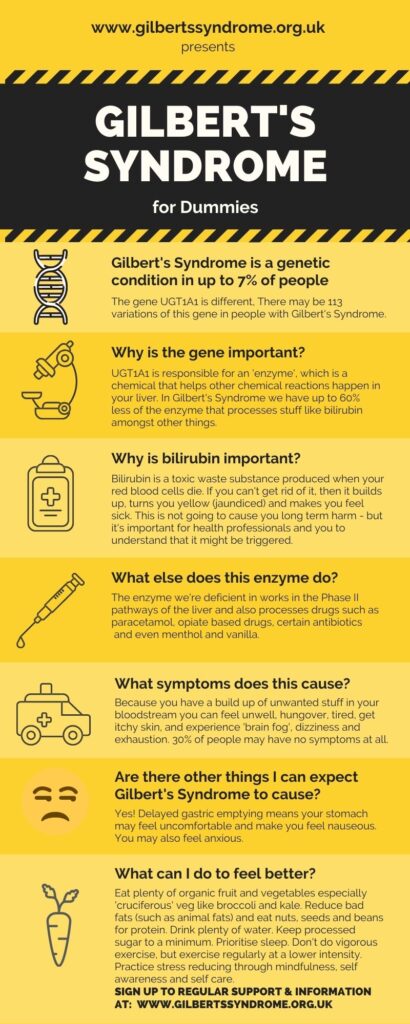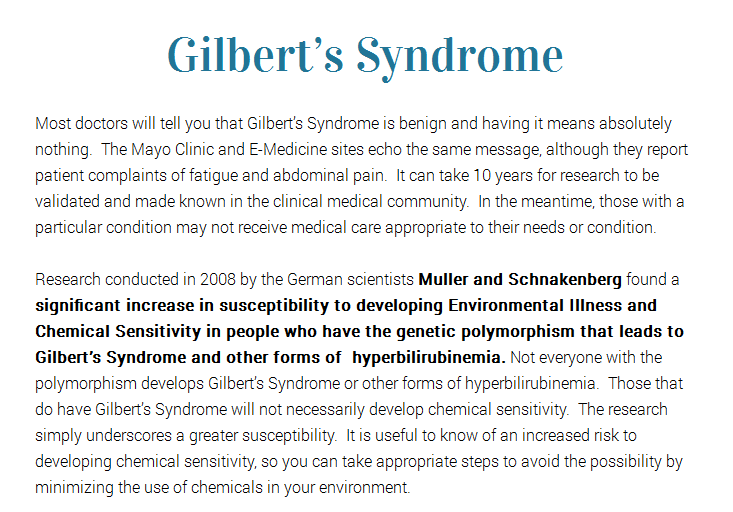
If you have ever experienced any of the symptoms of Gilbert's disease, chances are that you are also at risk of developing the same disease. The symptoms of Gilbert's disease can appear in anyone, regardless of age. Because of the similarities between the symptoms of Gilbert's disease and those of other forms of liver disease, it can be difficult to determine whether a person has the disease.
There are two main Gilbert symptoms that can be found in many people with this condition. The first is a change in the color of the lips, and the second is the formation of a yellowish plaque on the cheeks. Patients often report that they begin noticing Gilbert's symptoms between the ages of 20 and 30. However, it is known that patients who suffered from this disease during adolescence developed similar symptoms later in life.
There are many factors that can influence the development of these symptoms. However, one of the most important factors is the amount of bilirubin produced by the body. Because bilirubin is a naturally occurring substance in the body, elevated levels are not necessary to cause these symptoms. However, if bilirubin production is excessive, symptoms will appear.
Other Gilbert symptoms include puffy eyes and a yellow or white coating on the cheek. Some people who developed Gilbert's symptoms are known to experience shortness of breath, vomiting, and diarrhea. The exact cause of this condition is still being studied. Many doctors believe that the symptoms are caused by an imbalance in the level of potassium in the body.
The symptoms of Gilbert can appear in more than one area on a person's face and body. The lips, cheeks, and forehead are common places where the symptoms of Gilbert can show up. However, some patients have reported experiencing the symptoms on other parts of their body as well.
Although it is impossible to tell if the symptoms of Gilbert are caused by something other than bilirubin, it is possible to treat the symptoms of Gilbert with medication. Some of the medications that are commonly prescribed for treating these symptoms are AroClonidine and Diflucan. While these medications have been proven to be effective for treating many types of liver disease, a patient must first consult a physician before starting a course of treatment.

While the cause of these symptoms is not known, several factors can contribute to the development of symptoms of Gilbert
For instance, some doctors believe that Gilbert develops when the body's immune system is overactive and it attacks healthy cells. This can cause the liver to produce too much bilirubin.
For many years, Gilbert was thought to be the result of a genetic disorder, but the symptoms of this condition can actually occur in individuals who have normal bilirubin in their systems. Those who experience these symptoms will typically be prescribed medication to balance the levels of bilirubin. If the symptoms do not go away on their own, a doctor may recommend further testing.
If a doctor suspects that one of the symptoms of Gilbert is related to a more serious condition, he may perform blood tests to determine whether it is indeed bilirubin that is causing the symptoms. This will allow the doctor to determine whether the body is producing too much bilirubin. If so, then the person will most likely be prescribed a medication to reduce the amount of bilirubin produced. In most cases, doctors will start reducing the amount of bilirubin when symptoms are beginning to show, especially in cases of the development of puffy eyes, yellowing of the cheek and forehead, and abdominal pain in the abdomen.
While these symptoms of Gilbert are common, they are not the only symptoms of this disease. In addition to puffy eyes, individuals may experience other symptoms such as the development of tenderness of the mouth, the development of a sore throat, and diarrhea. However, when the symptoms of Gilbert become severe, a person may also experience seizures or coma or death.
If you have any of the symptoms of Gilbert, it is important to talk to your doctor about the possibility of a more serious condition. This can help the doctor determine whether you should seek medical attention.
The good news is that there are many different treatments for treating the symptoms of Gilbert. Many times, these treatments are covered by insurance companies if you have had a liver disease in the past. For instance, if you have had a liver disease in the past, you may be eligible for Medicare.
